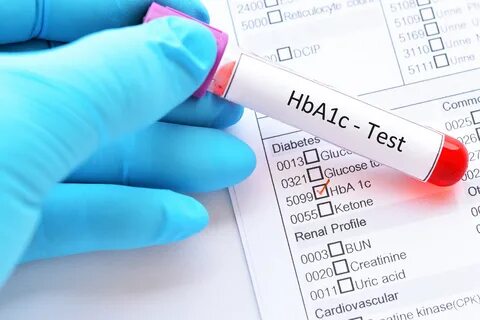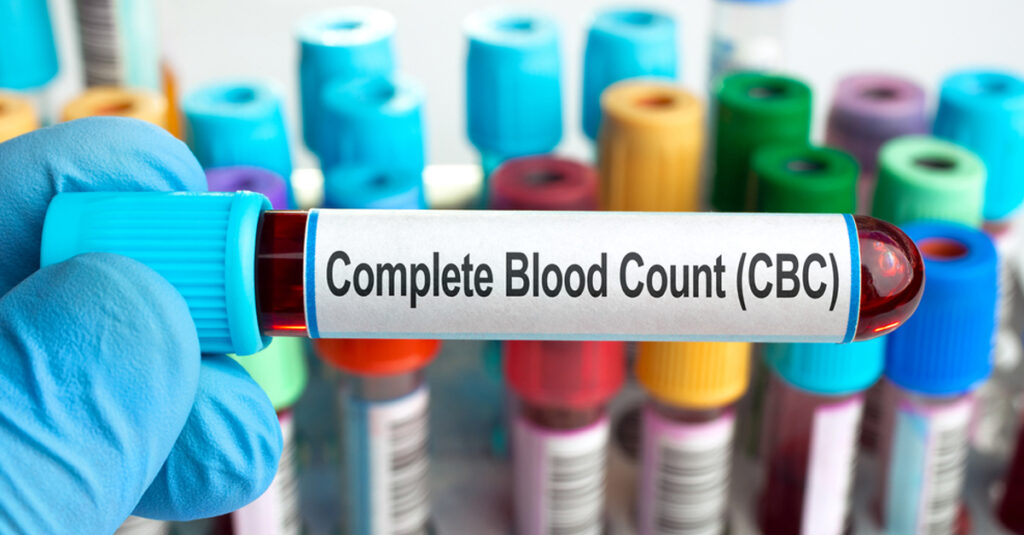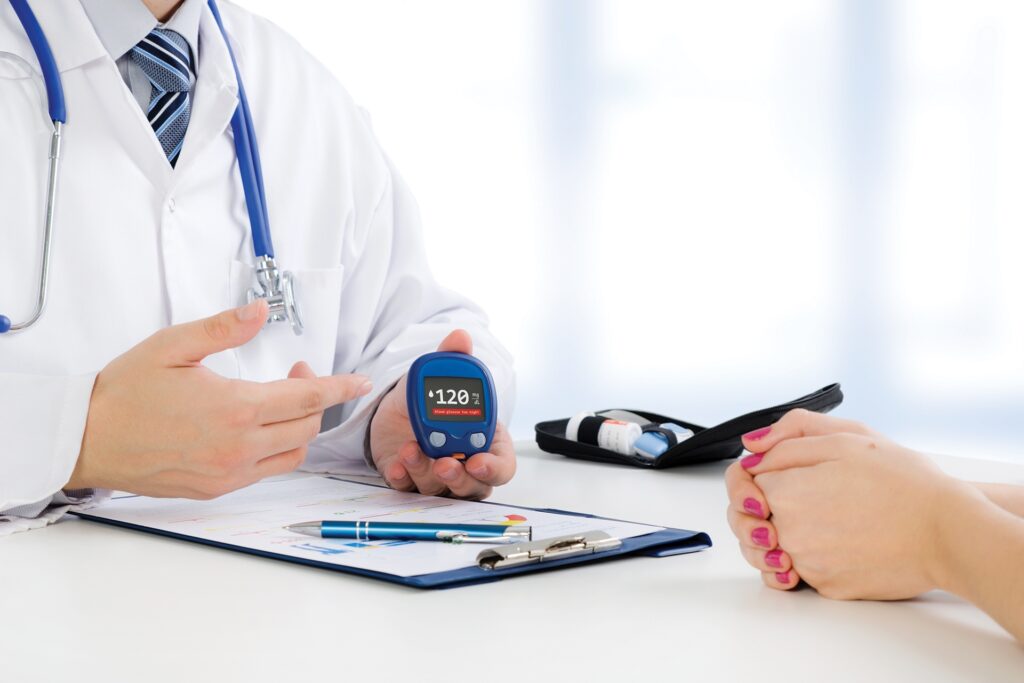Types Of Diabetes Tests
Do you become nervous when someone tells you that you have diabetes? because you’re unsure if you should see a doctor or not, and which tests are necessary?
Do you know that if you have diabetes, your body is unable to process and use glucose from your food effectively?
Diabetes is a condition in which blood glucose (also known as blood sugar) levels are too high.
There are several varieties of diabetes, each with its own set of reasons, but they all have one thing in common: too much glucose in the bloodstream.
It’s just as vital to keep an eye on your blood sugar levels as it is to keep an eye on your blood pressure.
Your glucose level may be raised if you have diabetes mellitus, a group of conditions that affect how your body uses blood sugar, or glucose.
If you’re concerned about your blood glucose levels, you might wonder what test I should have. For your convenience, we have included numerous tests below.
HbA1C:
The quantity of blood sugar (glucose) bound to hemoglobin is measured using a hemoglobin A1c (HbA1c) Test.
The A1C test is used to determine your average blood sugar level over the previous two or three months. An A1C of less than 5.7 percent is considered normal, between 5.7 and 6.4 percent suggests prediabetes, and 6.5 percent or over implies diabetes.


Fasting Blood Sugar Test:
Fasting blood sugar levels give vital clues about how a person is managing their blood sugar. Blood sugar tends to peak about an hour after eating and declines after that.
This test evaluates your blood sugar levels after an overnight fast (Don’t eat anything before test).
A fasting blood sugar level of 99 mg/dL or less is considered normal, whereas 100 to 125 mg/dL implies prediabetes and 126 mg/dL indicates diabetes.
The amount of sugar in your blood is usually controlled by a hormone called insulin.
A Complete Blood Count (CBC):
A complete blood count (CBC) is a blood test used to evaluate your overall health and detect a wide range of disorders, including anemia, infection, and leukemia.
A complete blood count test measures several components and features of your blood, including red blood cells, which carry oxygen.
Any abnormal increases or declines in these cell counts as indicated by a CBC test may suggest the presence of an underlying medical problem that requires further diagnosis, one of which is diabetes.
The most direct test for diabetes is blood sugar level.


Post Prandial Glucose Test (PPBS):
The Post-prandial glucose test or PPBS is a glucose test done on the blood that helps determine the type of sugar, also known as glucose, after a certain meal. Carbohydrate foods are the main source of glucose and it is a primary source of energy present in the body.
Creatinine Blood Test:
A creatinine test is a measure of how well your kidneys are performing their job of filtering waste from your blood. Creatinine is a chemical compound leftover from energy-producing processes in your muscles. Healthy kidneys filter creatinine out of the blood. Creatinine exits your body as a waste product in urine.
Electrolytes:
An electrolyte test can help determine whether there’s an electrolyte imbalance in the body.
Electrolytes are salts and minerals, such as sodium, potassium, chloride, and bicarbonate, which are found in the blood. They can conduct electrical impulses in the body.
This is a blood test that evaluates the body’s key electrolytes and evaluates whether or not a person has diabetes.
Insulin Auto Antibodies (IAA):
The presence of autoantibodies against insulin (IAA) in patients with diabetes mellitus indicates the presence of autoimmune, type 1 diabetes. It is advised that blood for IAA testing be drawn before insulin therapy is initiated. For the IAA result to be valid, the patient must not be insulin-treated for more than 1 week.


C-Peptide:
A C-peptide test is often used to help tell the difference between type 1 and type 2 diabetes. With type 1 diabetes, your pancreas makes little to no insulin, and little or no C-peptide. With type 2 diabetes, the body makes insulin but doesn’t use it well. This can cause C-peptide levels to be higher than normal.
A doctor or a certified diabetes educator can provide further information about the tests and their use. Although a urine ketone test can tell if the body has enough insulin, but blood tests account for the majority of testing.
Following a diagnosis, several of these tests may be used by the doctor to monitor the success of a patient’s diabetes treatment plan.
Touch labs is one of the top pathology laboratory in surat that provides the results in the shortest amount of time. We give the best health consultation and all of the tests you want in one convenient location.
